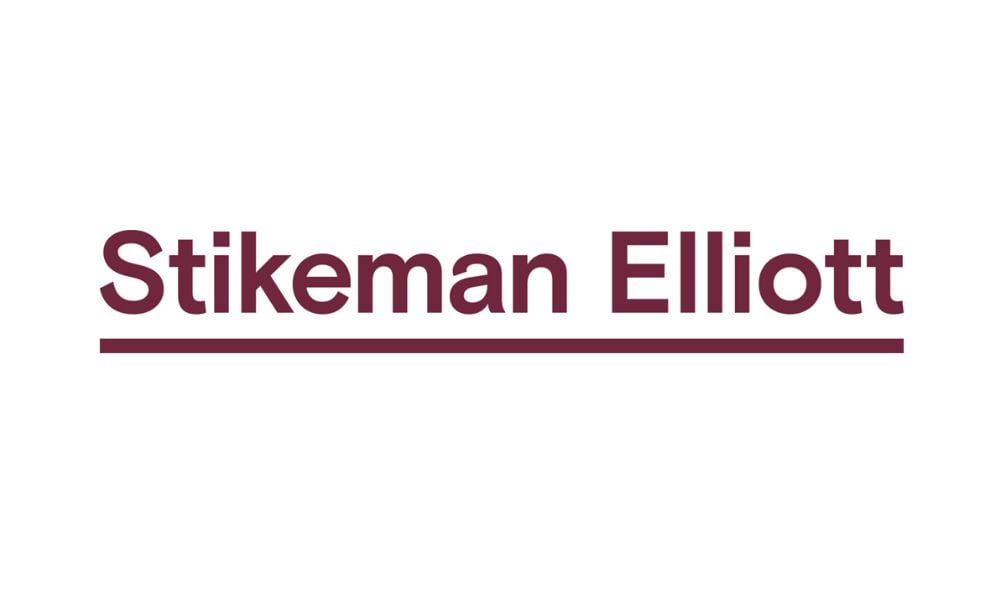The Corporate Legal Operations Consortium (CLOC) and Priori highlighted prevalent technologies utilized by legal departments to optimize spending in their new white paper titled "Turning Legal Into a Value Center.”
Legal technology has become a crucial aspect of corporate legal departments' budgets, with 78 percent identifying it as a "must-have." Legal technology offers significant cost-saving opportunities for corporate legal departments. From intake platforms and e-billing systems to matter management, contract lifecycle management, and knowledge management, these tools enhance efficiency and optimize legal spending.
Intake Platforms
Intake platforms serve as a "legal front door," helping legal teams gather and manage information about internal requests for legal services. These platforms help identify which business units are requesting services, the nature of these requests, and resource allocation. Some legal departments use off-the-shelf products, while others adapt existing project management tools or spreadsheets to fulfill this function. These platforms facilitate better resourcing decisions by providing a clear overview of internal demand.
E-billing Systems
E-billing systems are widely used to oversee legal expenditures. These systems not only manage current billing but also provide historical data on spending patterns, vendor usage, practice area trends, and more. This comprehensive data allows legal departments to identify cost-saving opportunities by shifting resources or renegotiating terms with external counsel. E-billing systems thus play a pivotal role in managing and reducing external legal spending.
Matter Management
Matter management tools are especially beneficial for larger legal departments that handle numerous projects with outside counsel. These tools often integrate with e-billing systems, providing a unified platform for tracking all legal matters. Simpler solutions like project management software or spreadsheets may suffice for smaller legal departments. However, dedicated matter management software enhances efficiency for extensive legal operations by centralizing information and facilitating collaboration.
Contract Lifecycle Management
Contract lifecycle management (CLM) systems track contracts through various organizational stages, significantly reducing the time required for legal review and approval. Some CLM tools incorporate automation and artificial intelligence to streamline processes, particularly for standard contracts like vendor agreements and non-disclosure agreements (NDAs). This automation can reduce review times from an hour to mere minutes, illustrating the substantial efficiency gains achievable with CLM systems.
Knowledge Management
Knowledge management is a high priority for legal departments aiming to empower business partners to self-serve information. Effective knowledge management systems, including internal wikis, FAQs, and chatbots, can provide employees with the necessary information without involving the legal team. This not only saves time for the legal department but also increases overall organizational efficiency.
RFPs and Decision-Making
Many organizations use requests for proposals (RFPs) to evaluate potential legal technology vendors. This process involves detailing the company’s current situation, desired outcomes, project deliverables, timelines, and budgets. By comparing vendor responses, legal departments can make informed decisions about the best technological solutions to meet their needs.





